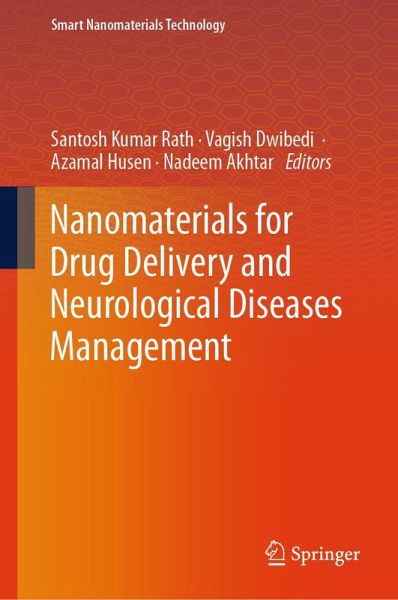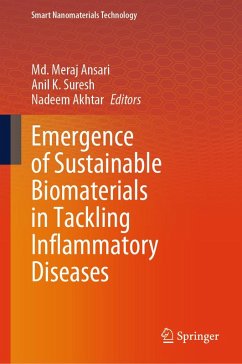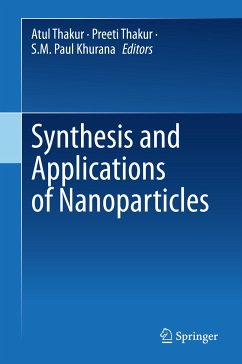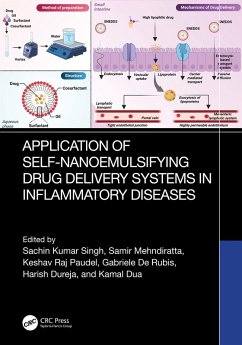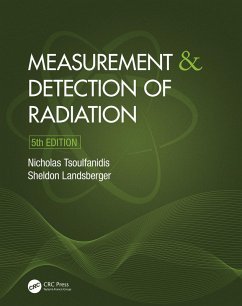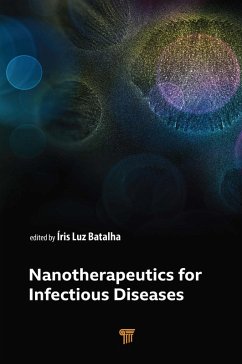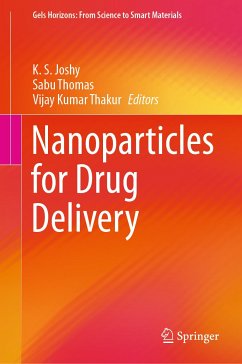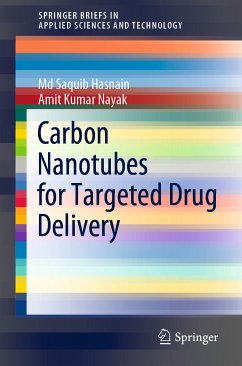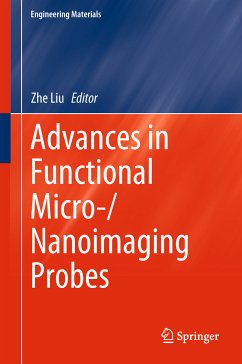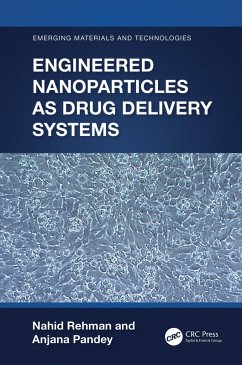Santosh Kumar Rath is a medicinal and natural product chemist with more than 10 years of experience in research, academia, and industry. Rath's received his doctorate from AcSIR at CSIR-Institute of Minerals and Materials Technology (CSIR-IMMT), Bhubaneswar, India. Presently he is working as Assistant Professor in Pharmaceutical Chemistry at the Department of SoPPHI, Faculty of Pharmacy, DIT University, Dehradun, Uttarakhand, India. Formerly, he worked as an Associate Professor and Research Head at the Department of Pharmaceutical Chemistry, Danteshwari College of Pharmacy, Jagdalpur, Chhattisgarh, India (2020-2022). He also worked as Research Associate (CSIR-RA) in the School of Chemistry & Biochemistry at Thapar Institute of Engineering & Technology, Patiala, India (2018-2020). He received Research Associateship from CSIR in 2018 and Senior Research Fellowship (ICMR-SRF) from ICMR, New Delhi India in 2013. He did research at the CSIR-Indian Institute of Integrative Medicine(CSIR-IIIM), Jammu, India. He has many publications to his credit, published more than 27 research papers in highly reputed international journals, as well as 4 book chapters two edited books, and 1 Indian patent. His area of research is Natural Product Chemistry and Organic Synthesis, in which he is expertise in the isolation, identification, and characterization of bioactive secondary metabolites, and structural modification of major chemical constituents from plants as well as fungal sources. He is acquainted with various chromatographic techniques such as column, Preparative TLC, and HPLC for separating and purifying compounds. He is well aware of the interpretation of spectroscopic data viz., 1D and 2DNMR, MASS, IR, etc. His research involves multistep synthesis of biologically active synthetic and/or natural product-based hybrid scaffolds for lead identification in special targets for neurological disease, cancer, HIV, Covid-19, and infectious diseases. His research mainly focuses on synthesizing novel P-gp and bacterial efflux pump inhibitors, besides synthetic modifications of the bioactive natural products for better activity/minimize toxicity profiles. Currently, he is developing new synthetic methodologies for the C-H functionalization of heterocycles and other medicinally relevant molecules. He contributed substantially to many research projects and is also having collaborative research work with many other research groups. Vagish Dwibedi did his B.Sc from Lucknow University, Lucknow, Uttar Pradesh, and Ph.D. from Thapar Institute of Engineering and Technology, Patiala, India. Dwibedi is an academician and researcher with more than 8 years of experience in biotech research and development. He has carried out research projects and consultancy work in the areas of plant-microbe interaction/ bioassay-guided drug-discovery and development, food security/sustainable agriculture and waste water treatment. Presently he is working as Assistant Professor at University Institute of Biotechnology, Chandigarh University, Gharuan Mohali, Punjab. Formerly, he was worked as Research Scientist at Agpharm Bioinnovations LLP incubated at Thapar Institute of Engineering & Technology, Patiala, India. He was also Winner in Down select competition- DST- Lockheed Martin- Tata Trust _IIGP 2.0 (2k18) (India Innovation Growth Programme 2.0) Innovation ID: IIGPUIBSUNB (The award carries financial support up to 25 Lac INR.). He work is directed towards the development of screening platforms for different biological activities such as anti-microbial, anti-oxidant, anti-cancer, or finding novel molecules that interfere in the mechanism of development of diseases such as Alzheimer Dementia (AD), Parkinson disease (PD), Obesity, Anti-gout (arthritis) and type 2 diabetes. He is also interested in food security, which predominantly involves the exploitation of plant-microbe interaction to combat abiotic stress and post-harvest preservation to enhance the shelf life of fresh crop/horticulture produces. He has published more than 25 research papers in various national and international journals and published 2 Indian patent. Azamal Husen is presently working as a Professor at Sankalchand Patel University, Visnagar, India; and Adjunct Professor at Graphic Era (Deemed to be University), Dehradun, Uttarakhand, India. He is also working as an Invited Professor at University Putra Malaysia, Selangor, Malaysia. Previously, he served as Professor and Head of the Department of Biology, University of Gondar, Ethiopia; and worked as a Foreign Delegate at Wolaita Sodo University, Wolaita, Ethiopia. He also worked as a Visiting Faculty of the Forest Research Institute and the Doon College of Agriculture and Forest at Dehra Dun, India. His research and teaching experience of 25 years encompasses biogenic nanomaterial fabrication and application; plant responses to nanomaterials; plant adaptation to harsh environments at the physiological, biochemical, and molecular levels; herbal medicine; and clonal propagation for improvement of tree species. He has conducted research sponsored by the World Bank, the National Agricultural Technology Project, the Indian Council of Agriculture Research, the Indian Council of Forest Research Education, and the Japan Bank for International Cooperation. Husen has published extensively (over 250) and served on the Editorial Board and as reviewer of reputed journals published by Elsevier, Frontiers Media, Taylor & Francis, Springer Nature, RSC, Oxford University Press, Sciendo, the Royal Society, CSIRO, PLOS, MDPI, John Wiley & Sons, and UPM Journals. He is on the advisory board of Cambridge Scholars Publishing, UK. He is a fellow of the Plantae group of the American Society of Plant Biologists, and a member of the International Society of Root Research, Asian Council of Science Editors, and International Natural Product Sciences. He is Editor-in-Chief of the American Journal of Plant Physiology, and a Series Editor of Exploring Medicinal Plants (Taylor & Francis Group, USA); Plant Biology, Sustainability, and Climate Change (Elsevier, USA); and Smart Nanomaterials Technology (Springer Nature, Singapore). He has been achieved the distinguished honour of being recognized as one of the "World's Top 2% Scientists" for the year 2022, and again for the 2023 by Stanford University, USA. This recognition has also been prominently featured in the Elsevier Data Repository. Nadeem Akhtar, a scientist, is currently making significant strides in the animal health and longevity sector for a leading Canadian company, CBS Bio Platforms Inc. His impressive background demonstrates that he has held a variety of important positions in academia and research throughout his career. Akhtar was a Research Associate at the University of Guelph, Canada, where the objective of his work was to improve companion animal's health in order to promote a superior and more health-conscious lifestyle. Prior to assuming this position, he excelled as a postdoctoral researcher at the Department of Chemical Engineering, University of Waterloo, Canada (2019-2021) and the Department of Animal Biosciences, University of Guelph, Canada (2015-2019). His accomplishments in the National Eligibility Test (NET-2010) and Graduate Aptitude Test (GATE) in Life Sciences (2010) and Biotechnology (2011) further emphasize his academic excellence. He earned his Ph.D. from the esteemed Department of Biotechnology at the Thapar Institute of Engineering and Technology in India. His scientific contributions are nothing short of remarkable, with over 27 articles published in peer-reviewed international journals as well as 12 book chapters and two edited books. His abilities extend to patent accomplishments, as he has one granted patent to his name. In addition to his research, he has shown his dedication to knowledge advancement by serving as a reviewer for prestigious journals such as RSC Advances, the Journal of Applied Microbiology, Scientific Reports, and Poultry Science. His career exemplifies dedication and excellence, demonstrating his invaluable contributions to the fields of animal science and biotechnology. His journey continues to motivate and shape the global scientific landscape.
